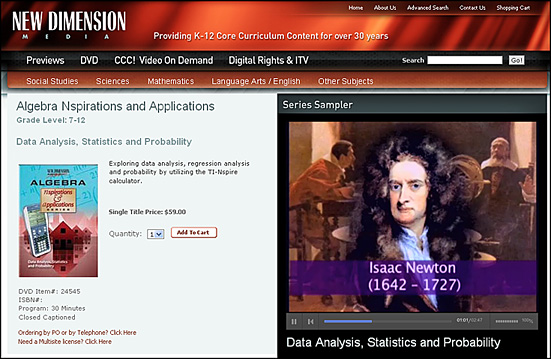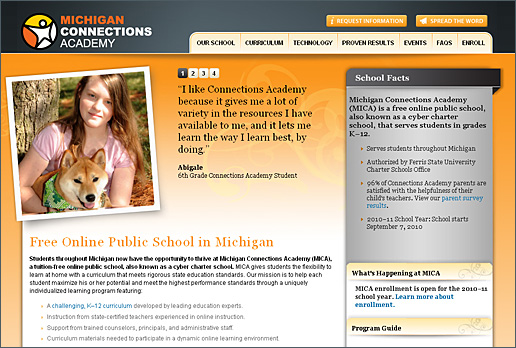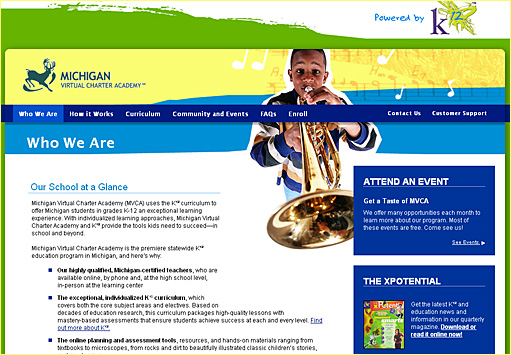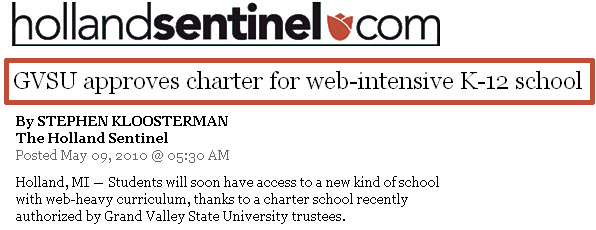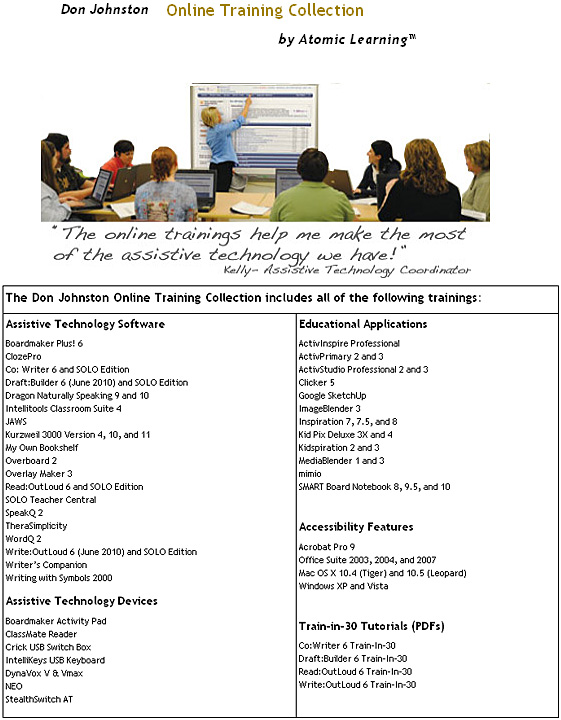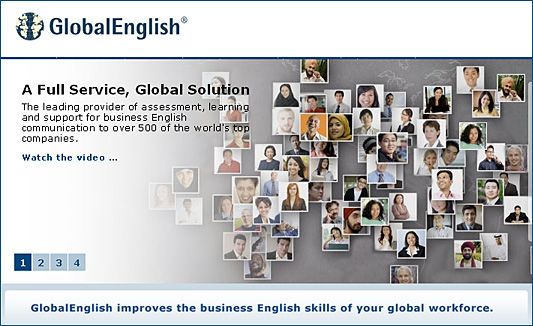U of California resuscitates the Master Plan — from huffingtonpost.com by Anya Kamenetz
Yesterday the University of California made a groundbreaking announcement that has the potential to break the tuition cost crisis and finally deliver the crucial benefits of higher education to millions of Americans and to tens of millions who demand it and deserve it around the world. They are putting $5 to $6 million into a pilot project to create online versions of courses with an eye toward eventually creating completely online degree programs.
More than one in four US college students already take at least one online class. So why is this an important announcement?
Because a public university system is declaring that it will innovate its way out of recession, and even more importantly, that it will not cede the banner of innovation to the for-profit sector that is encroaching more and more on public higher education’s territory (emphasis DSC).
And it’s not just any public university system that’s doing this, but the largest public university system in the country and the global template for mass higher education for over fifty years. Clark Kerr’s Master Plan in 1960 introduced the idea that higher education would be a massive, state-run, open and democratic, publicly accessible resource for all.
Also see:
U. of California Considers Online Classes, or Even Degrees — from The Chronicle of Higher Education by Josh Keller and Marc Parry
Proposal for virtual courses challenges beliefs about what an elite university is—and isn’t
(Oakland, Calif.) Online education is booming, but not at elite universities—at least not when it comes to courses for credit.
Leaders at the University of California want to break that mold. This fall they hope to put $5-million to $6-million into a pilot project that could clear the way for the system to offer online undergraduate degrees and push distance learning further into the mainstream.
The vision is UC’s most ambitious—and controversial—effort to reshape itself after cuts in public financial support have left the esteemed system in crisis (emphasis DSC).
Supporters of the plan believe online degrees will make money, expand the number of California students who can enroll, and re-establish the system’s reputation as an innovator.
“Somebody is going to figure out how to deliver online education for credit and for degrees in the quality sector—i.e., in the elite sector,” said Christopher Edley Jr., dean at Berkeley’s law school and the plan’s most prominent advocate. “I think it ought to be us—not MIT, not Columbia, not Caltech, certainly not Stanford.”









